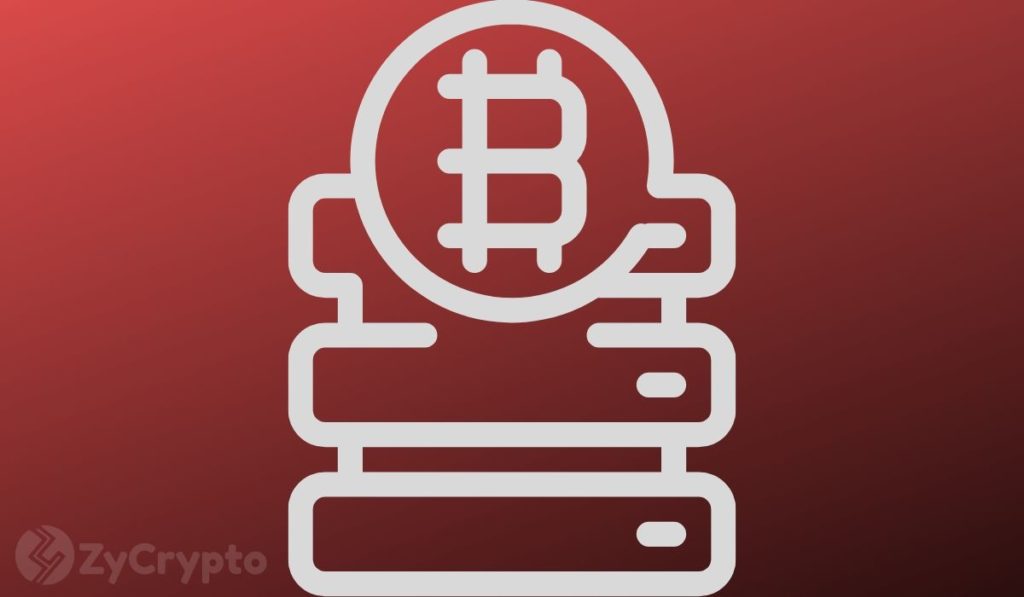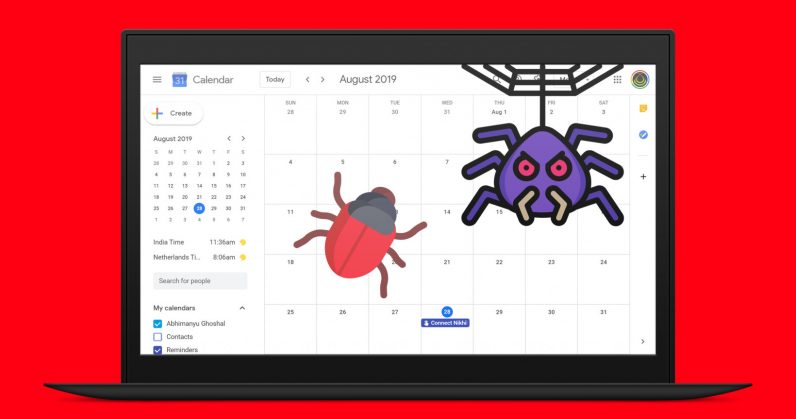2021-2-10 18:07 |
The Canadian cryptocurrency exchange has sprung back to life.
After more than two years of no activity, Quadriga has suddenly come back into action amidst the ongoing bull market.
The exchange recorded a volume of just over 9 XBT, with the last trade for $4,200. The message on the platform reads,
“Due to a change in strategy, QuadrigaCX no longer provides a merchant platform for processing Bitcoin transactions at the e-commerce or retail level. However, you are still welcome to present your wallet address or auto-sell address to receive Bitcoin and sell on our platform for CAD or USD as the exchange model is our core.”
However, the defunct exchange’s website is a phishing scam in the making as Miller Thomson, the law firm of both the exchange representing the former users of Quadriga and the court-appointed bankruptcy trustee Ernst and Young (EY), released an update on the same. The law firm’s update reads,
“The Trustee has advised that a new website has been posted to www.quadrigacx.com, which is an imitation of the original website/portal of Quadriga (the “Imitation Website”).”
The post further goes on to the point that the imitation website is not authorized by or associated with the Trustee and advised users to
“not use or attempt to access the Imitation Website or provide any personal/confidential information, including their previous Quadriga ID/password, to the Imitation Website.”
The site, with its copyright, changed to “2021 © QuadrigaCX. All rights reserved”, is using backups of Quadriga’s web page, which is publicly available.
QuadrigaCX, which collapsed back in 2019, causing $125 million in losses for 76,000 of its users, was shut down weeks after its founder Gerald Cotten reportedly died at age 30 in Dec. 2018.
The 10-month long investigation by the Ontario Securities Commission revealed that Cotten was running a Ponzi scheme.
EY has been tasked with recovering the funds by the Canadian court system, and as of Jan. 2021, it had recovered between $224 million and $291 million.
The post Defunct QuadrigaCX Crypto Exchange is Back; But As A Phishing Scam first appeared on BitcoinExchangeGuide. origin »Bitcoin price in Telegram @btc_price_every_hour
Cash & Back Coin (CNBC) на Currencies.ru
|
|






















